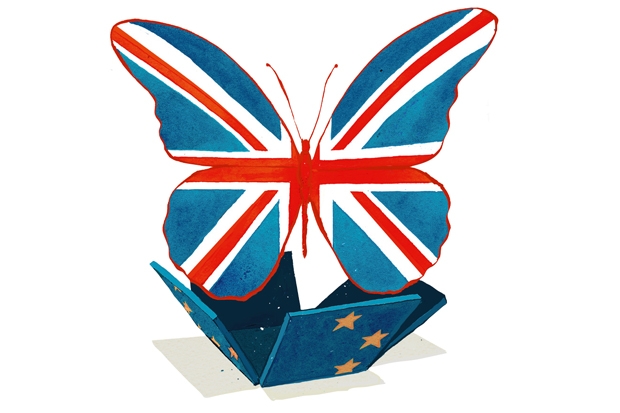For weeks, politicians on both houses of Parliament have been carrying on a drama where they pretend to get worked up about the Brexit bill while knowing that the Lords was always going to cave and the Bill was always going to be passed. The House of Lords, which last week voted to make Brexit conditional on final parliamentary approval, has tonight dropped its objection. As everyone in Westminster knew they would.
It has been a long parliamentary charade, but there was still something wonderful about it. The referendum was non-binding: parliament could have overturned the result. Just as it could have overturned the result of the 2014 Scottish referendum. In another country, this might well have happened – but in Britain there was never any realistic prospect of MPs vetoing the 23 June referendum. Tonight, scores of MPs who personally campaigned against Brexit voted to let Theresa May invoke Article 50, an irreversible process. They did so because they accepted that the people had spoken in a referendum. There was no rule saying this, just as there are no rules in so much that’s important with our constitution: it relies, as it always has, on a sense of decency. And one that has, yet again, prevailed. The Lords had sent the legislation back as a protest, but nothing more than a protest. It was a farce, but a necessary farce.
To observe at our parliamentary system, with its Black Rod and its peers with their ear-trumpets, it can seem like a medieval mess. But these procedures are so old because Britain has perhaps the most responsive democracy in the world and our democracy has lasted for centuries. It adapts, and obviates the need for revolution. Our MPs are linked by constituencies to public opinion – and the fate of Zac Goldsmith has reminded them what happens to MPs who misalign with their constituents on this issue.
So the EU Withdrawal Bill was passed unamended by peers who agreed by 274 votes to 118 not to challenge the Commons again. Theresa May, who had foolishly tried to bypass parliament until she was reminded by the Supreme Court how our democracy works, now has the parliamentary authority she always needed. It has been a faff, but a necessary faff. Now, the real work can begin.







Comments